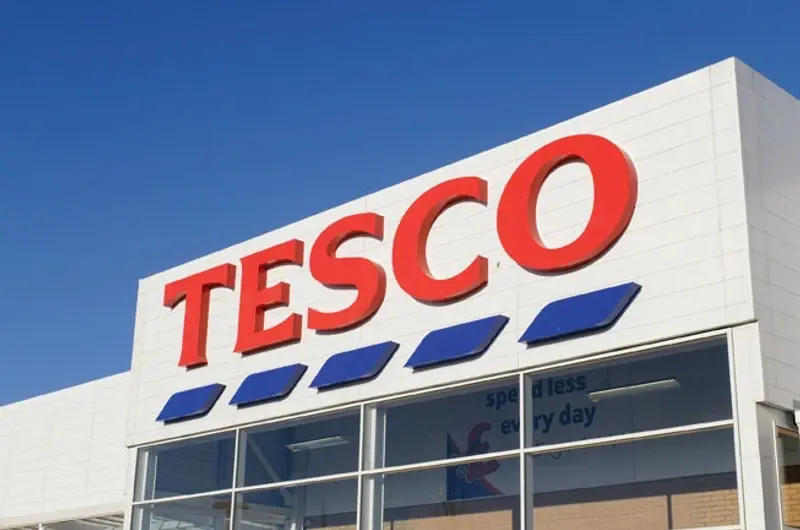
Supermarket giant Tesco (TSCO) is to buy food wholesaler and convenience store group Booker (BOK) in a cash and shares deal. It is described by Tesco as a merger, even though it is five times the size of its target.
Tesco shares jump 7% on the news.
The deal caught the market by surprise judging by the reaction on social media. Retail experts believe the Competition Commission will closely scrutinise the deal as it will make Tesco a dominant supplier in the food industry.
There may also be concerns about Booker’s convenience stores should they be situated close to Tesco’s own stores. Booker owns the Londis, Budgens, Premier and Family Shopper store chains.
Booker made £81m pre-tax profit in the half year to September 2016 and reported a £105m net cash position.
It provides food and other items to catering, retail and small business customers through the wholesale business.
Tesco believes the takeover will enable it to serve people eating at home and in cafes, restaurants and other ‘out of home’ locations.
The takeover news coincided with Tesco saying it will recommence paying dividends.
INSPIRED BY SAINSBURY'S?
After Sainsbury's strategic move for Argos, this is appears a sensible way for Tesco to strengthen its core business and today's share price jump shows investors certainly seem impressed,’ says Neil Wilson, senior market analyst at ETX Capital.
‘It's probably a good time for a disruptive deal,’ he adds.
‘The UK supermarket scene is in a recovery phase and there are further growth opportunities. But it's also hugely competitive and store deflation is hitting margins, meaning anything that can be done to pare back costs in areas like procurement, supply chain, distribution and store footprint is a good thing.’
HOW IS THE DEAL STRUCTURED?
Booker investors will get 42.6p cash and 0.861 new Tesco shares for every share they own in the wholesaler.
That adds up to a 12% bid premium to last night’s closing price for Booker.
It is being labelled as a merger, yet Booker shareholders will only own 16% of the enlarged business.
WHY IS BOOKER ATTRACTIVE?
Investment bank Investec had Booker as one of its key picks for 2017.
Analyst Nicola Mallard said at the start of the year: ‘As a large scale operator in its category we believe it should be able to keep its competitive positioning relative to smaller peers through this inflationary period.
‘We also foresee better underlying growth driven by the turnaround of Booker Retail Partners. A strong balance sheet and income attractions further support our “buy” case.’
Shares has also had a positive stance on the high quality operator with a formidable record of cash generation and special distributions.
In the year to March 2016, Booker’s ordinary dividend of 4.6p (2015: 3.7p) was boosted by a further 3.2p per share capital return and boasting a plump net cash pile, Booker had made plans to return more surplus cash to shareholders.
Booker’s third quarter trading statement (12 January 2017) revealed excellent festive trading. Non-tobacco like-for-like sales grew by a forecast-busting 5.1% and the catering and retail sides of the business made progress. Its convenience stores Premier, Budgens and Londis all performed well.




